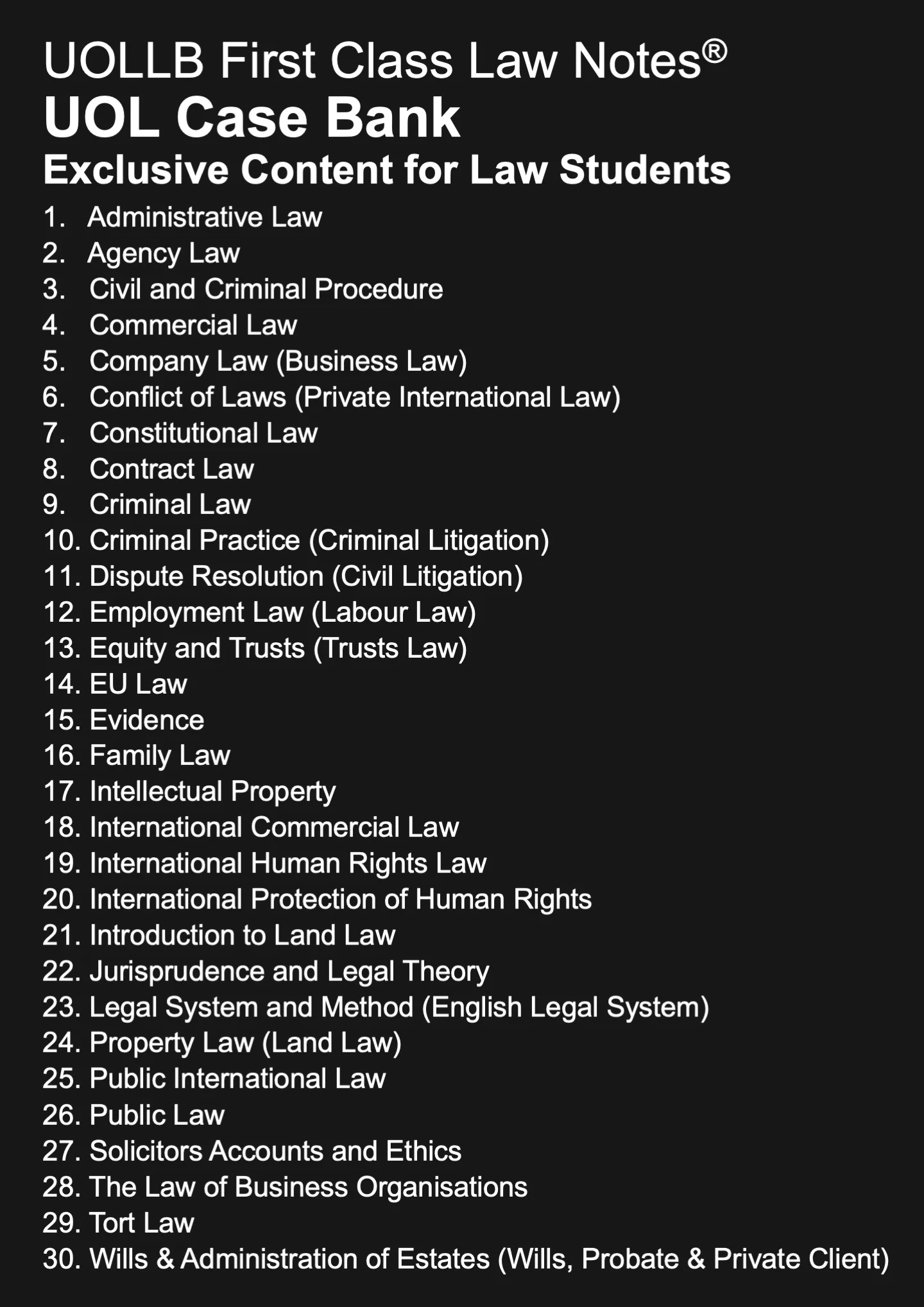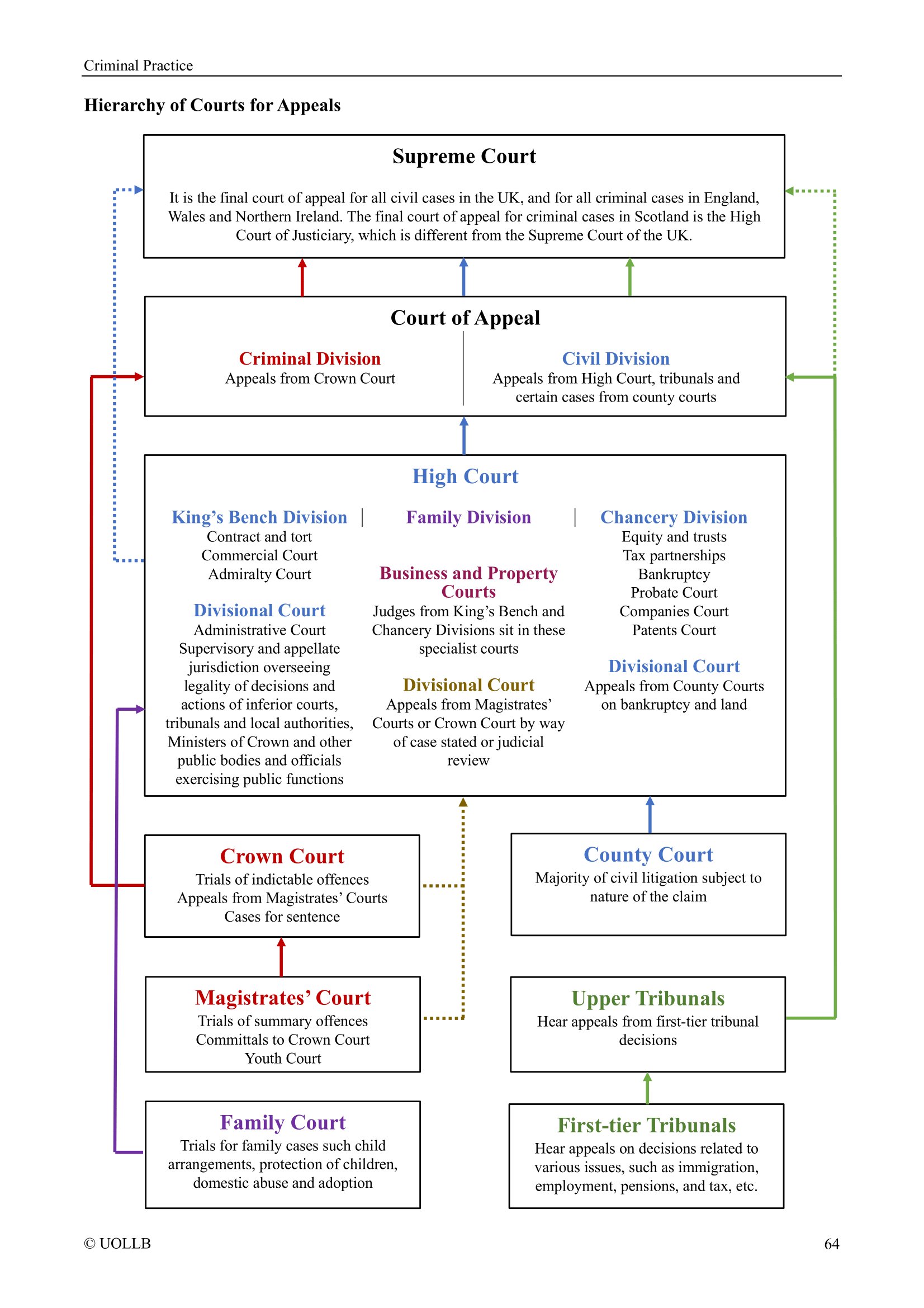How to Become King's Counsel?
Share
King's Counsel (KC) is a prestigious title and recognition bestowed upon senior barristers and solicitor advocates. It signifies excellence in advocacy, legal expertise, and leadership within the legal profession. To achieve KC status, you need to follow a thorough and structured process.
Develop advocacy skills: As a barrister or solicitor advocate, focus on developing exceptional advocacy skills. Advocacy is a core requirement for KC status, and you need to demonstrate your ability to present cases effectively in court.
Gain complex advocacy experience: Engage in cases of substance, complexity, or significant difficulty and sensitivity in the higher courts, tribunals, arbitrations, or other forums. This experience is crucial for demonstrating your eligibility for KC status.
Build a strong legal practice: Develop a reputation as a skilled and respected barrister or solicitor advocate. Work on a variety of cases, showcase your legal expertise, and establish yourself as a leader in your field.
Continuous professional development: Stay updated with developments in the legal profession, attend relevant training, seminars, and workshops to enhance your legal knowledge and skills.
Understand the application process: Understand all the criteria expected of a KC and assess whether you have achieved all the expected competencies before submitting your application.
Prepare your application: The application process is detailed and requires a comprehensive submission of your experience and achievements as a barrister or solicitor advocate. Highlight your complex advocacy experience, contributions to the legal community, and leadership in your field.
Application review: An independent panel of senior lawyers, a retired judge, and non-lawyers will review applications once a year in what is known as the competition.
Interview and assessment: If your application is successful, you may be invited for a 45-minute interview or assessment to further evaluate your suitability for KC status.
Appointment decision: The panel will make recommendations for appointments to the title of King's Counsel based on the assessment of applications.
Swearing-in ceremony: If appointed, you will participate in a swearing-in ceremony where you officially become a KC. This ceremony often involves taking an oath and receiving your KC regalia, which may include a silk robe.
Continuous development: After achieving KC status, continue to enhance your legal skills, knowledge, and expertise to maintain the high standards associated with the title.
The process and requirements for achieving KC status are set by the KCA which oversees the applications and appointments of King's Counsel. The application process is extremely intense, and you are advised to prepare your application form meticulously, which is the most important part of the application and could take more than 30 hours according to most successful KC applicants.
Develop advocacy skills: As a barrister or solicitor advocate, focus on developing exceptional advocacy skills. Advocacy is a core requirement for KC status, and you need to demonstrate your ability to present cases effectively in court.
Gain complex advocacy experience: Engage in cases of substance, complexity, or significant difficulty and sensitivity in the higher courts, tribunals, arbitrations, or other forums. This experience is crucial for demonstrating your eligibility for KC status.
Build a strong legal practice: Develop a reputation as a skilled and respected barrister or solicitor advocate. Work on a variety of cases, showcase your legal expertise, and establish yourself as a leader in your field.
Continuous professional development: Stay updated with developments in the legal profession, attend relevant training, seminars, and workshops to enhance your legal knowledge and skills.
Understand the application process: Understand all the criteria expected of a KC and assess whether you have achieved all the expected competencies before submitting your application.
Prepare your application: The application process is detailed and requires a comprehensive submission of your experience and achievements as a barrister or solicitor advocate. Highlight your complex advocacy experience, contributions to the legal community, and leadership in your field.
Application review: An independent panel of senior lawyers, a retired judge, and non-lawyers will review applications once a year in what is known as the competition.
Interview and assessment: If your application is successful, you may be invited for a 45-minute interview or assessment to further evaluate your suitability for KC status.
Appointment decision: The panel will make recommendations for appointments to the title of King's Counsel based on the assessment of applications.
Swearing-in ceremony: If appointed, you will participate in a swearing-in ceremony where you officially become a KC. This ceremony often involves taking an oath and receiving your KC regalia, which may include a silk robe.
Continuous development: After achieving KC status, continue to enhance your legal skills, knowledge, and expertise to maintain the high standards associated with the title.
The process and requirements for achieving KC status are set by the KCA which oversees the applications and appointments of King's Counsel. The application process is extremely intense, and you are advised to prepare your application form meticulously, which is the most important part of the application and could take more than 30 hours according to most successful KC applicants.























































